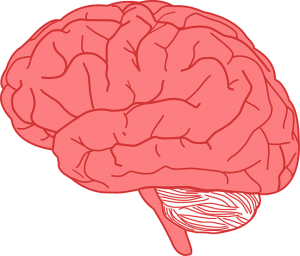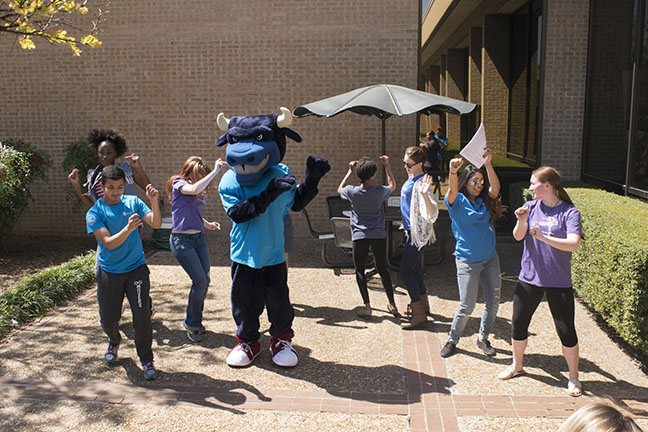By Alex Wright/reporter
Loss, hope and healing are the three main stages brain injury patients go through during their personal recovery, speakers told NW students March 25.
As part of Brain Awareness Month, Casey Russell, a young man who survived an accident but suffered severe brain trauma, and members of his care team brought a firsthand explanation of the brain and the process a patient must go through while recovering from a traumatic brain injury.
“I felt loss from some of my closest friends, healing through the strength of my family, especially my mother and hope that maybe my story would inspire at least one person in this room,” Russell said.
Barbra Roberts, a brain nurse who tended to Russell, helped students learn the basics about the brain and its functions.
She broke down each lobe and explained what areas would be affected depending on how the head was hit.
Being aware of how the brain functions can help someone prevent traumatic brain injuries, Roberts said.
Nancy Hightower, another recovery team member, discussed the continued care a traumatic brain injury patient must go through every day, including home-based and outpatient rehabilitation care.
Some of the main goals health care providers take into consideration at the scene of the brain injury are early assessment and management of circulation as well as focus on airways and breathing, Hightower said.
“Going through what Casey and I went through has made us better people now and has given us hope that miracles do happen,” Russell’s mother said.
Paula Holland, Russell’s physical therapist, described the basics of physical and cognitive impairments, including impaired mobility, hemiparesis, impaired balance and abnormal muscle tone.
Holland also went into detail about sensory impairments such as pain and headaches, nausea, vomiting and dizziness.
Russell then shared his story about recovering and living through his traumatic brain injury.
He said he crashed his motorcycle early one evening when he was not wearing a helmet. Russell was in a coma for two weeks, and his mother was told that he had severe brain damage.
After many tests and medication, Russell was transferred to Baylor Medical for rehabilitation. He said he did not remember much after that except for a few details throughout his recovery process.
“I knew I had to be Casey’s voice through all of this,” his mother said. “It was very hard to watch him relearn his life he once knew.”
Even though his memory isn’t strong, Russell said he does remember the great care and love he received not only from family and friends but from his medical team as well.
Russell is now five years on, has run three marathons and is training for his fourth in November.
He is 15 minutes short from qualifying for the Boston Marathon and continues to try to beat that time every day.


























